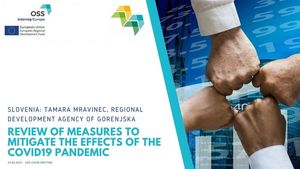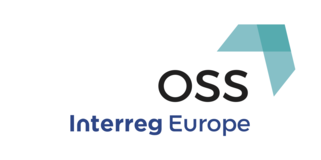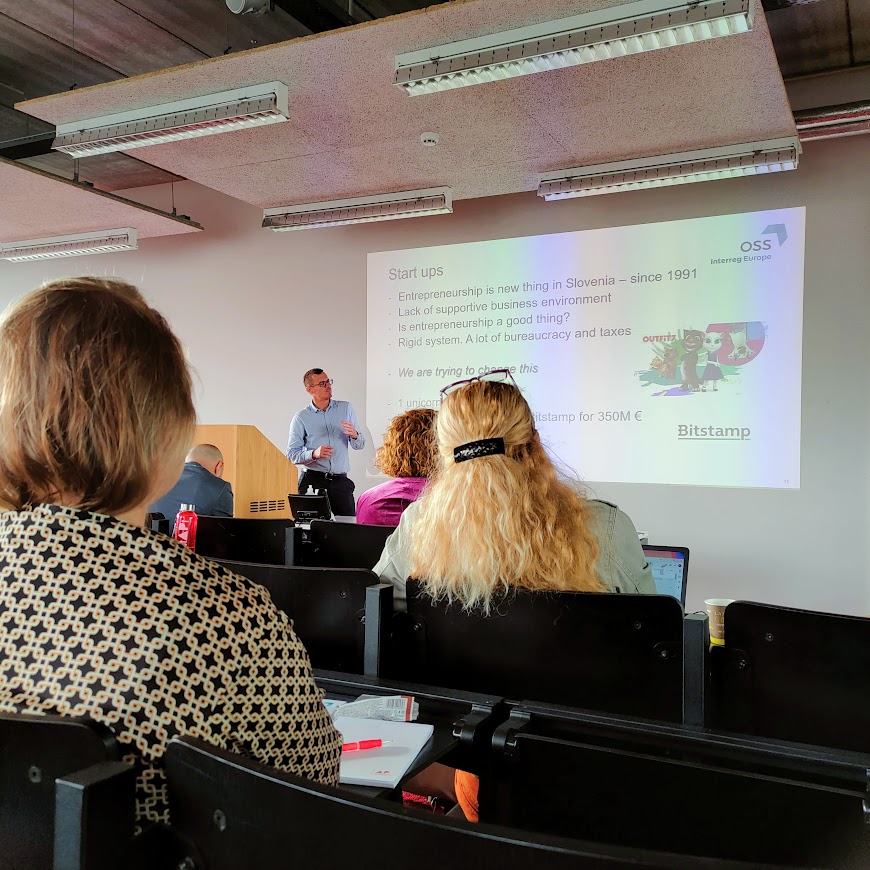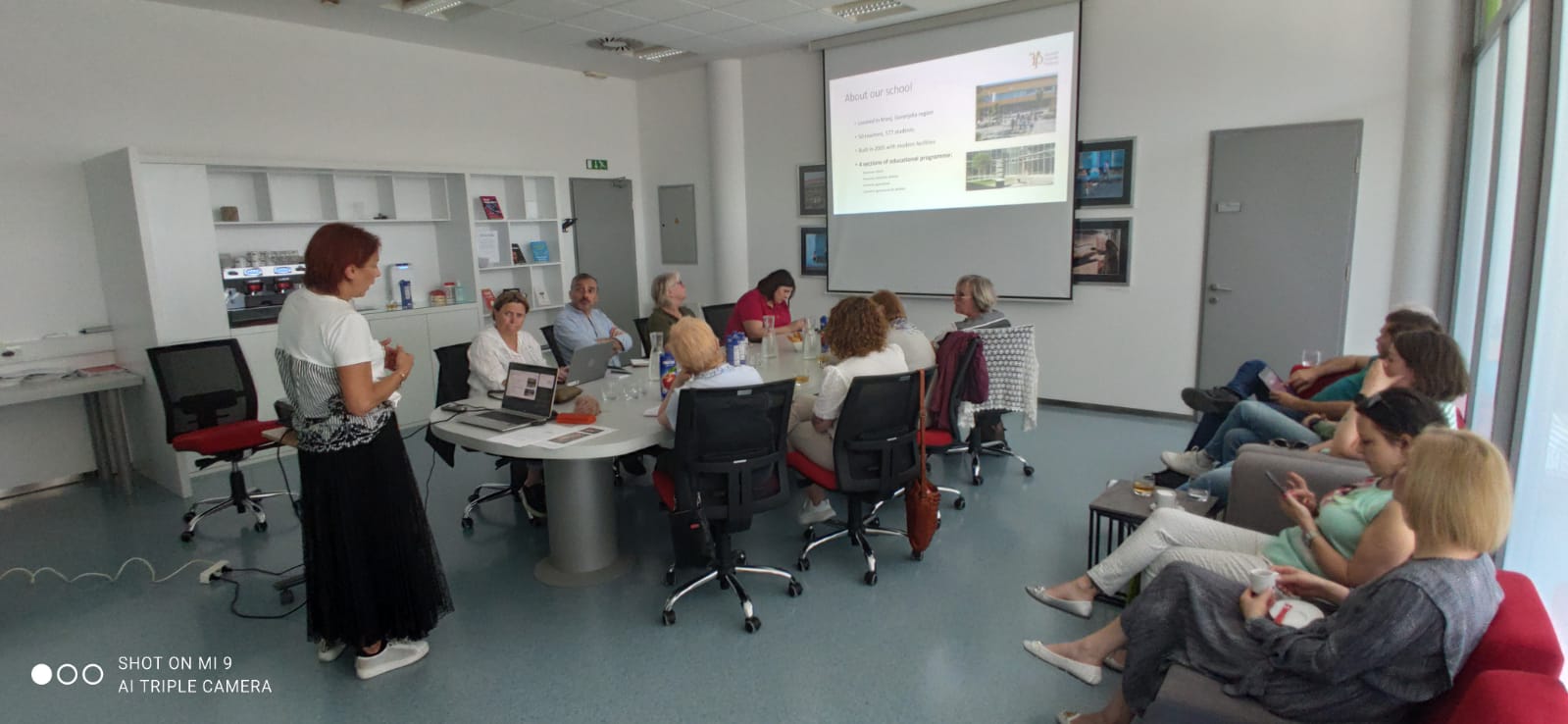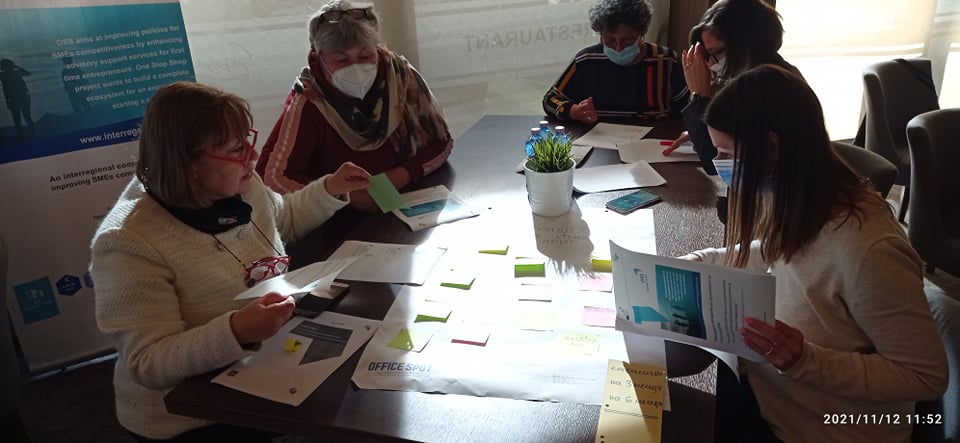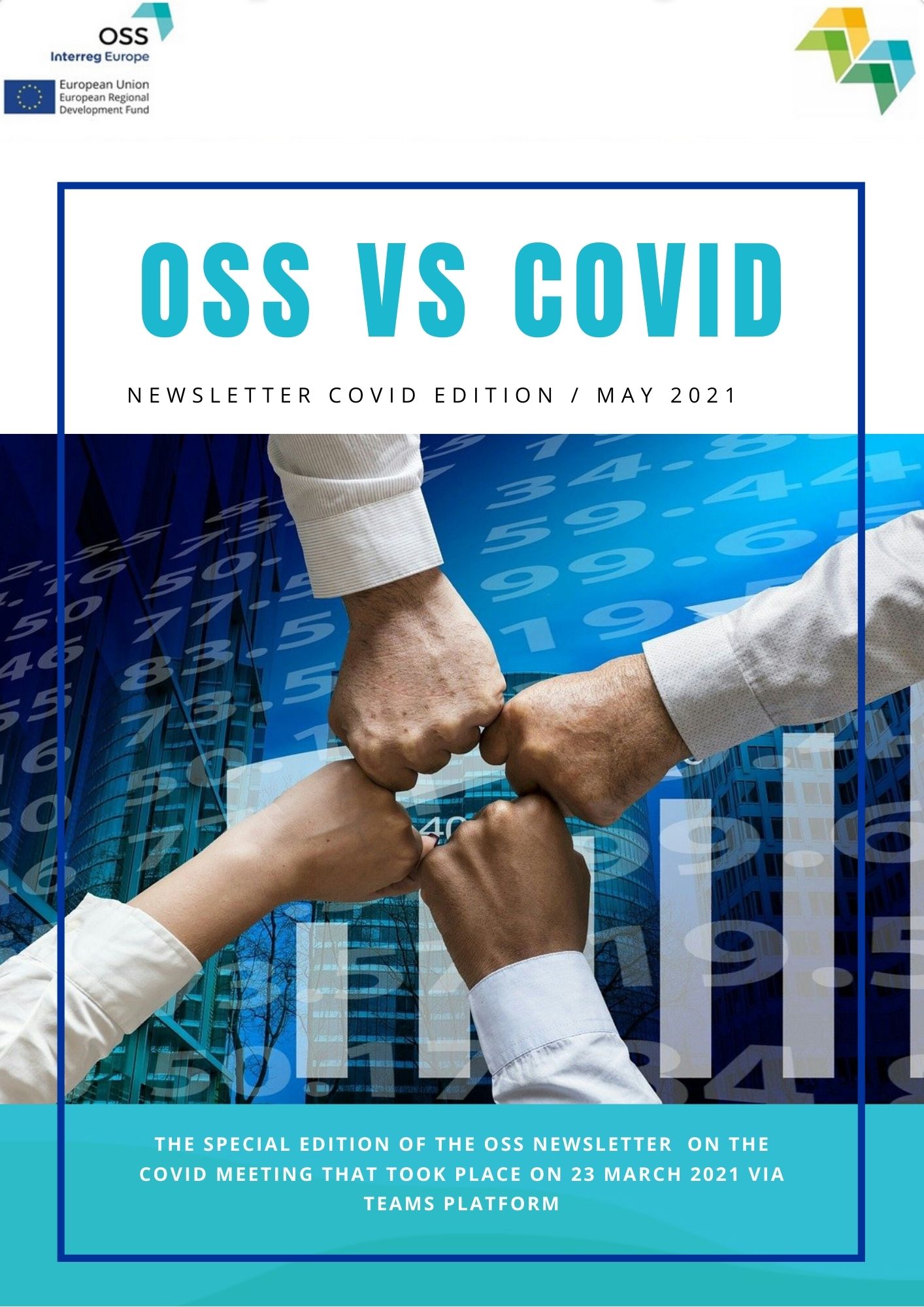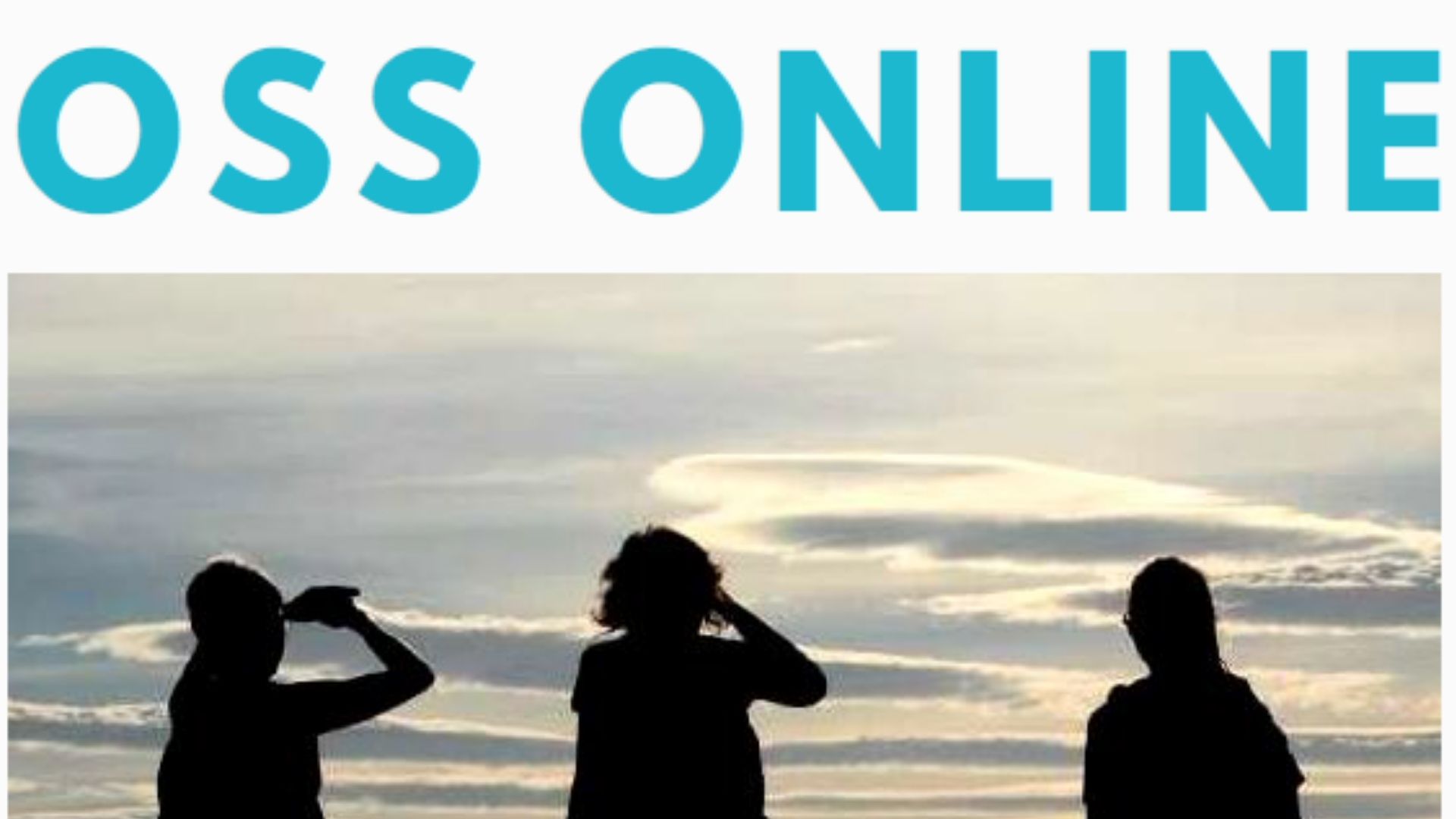Slovenia responded to the COVID-19 crisis similarly to other EU countries, i.e. with extensive fiscal packages, which were aimed, on the one hand, at direct assistance to the population and, on the other hand, at assistance to the economy. From April 2020 until February 2021, the Government of the Republic of Slovenia confirmed and issued eight anti-corona packages (PKPs), in order to mitigate the effects of the COVID-19 epidemic.
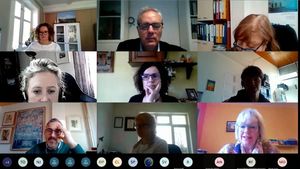
1st PKP – 11 April 2020: The first anti-corona aid package was worth three billion euros. In the field of economy, the state has fully taken on the payment of pension and disability insurance contributions for those employees who work. A fully tax-free crisis allowance of € 200 must be paid by the employer to employees whose last salary did not exceed three times the Slovenian minimum wage, and the state fully covered the compensation for waiting for work for workers (80% of the employee's salary), who cannot work due to the unexpected situation.

2nd PKP – 1 May 2020:
With the second PKP, the government envisaged an easier position for companies to take out bank loans: "The amount of an individual guarantee for loans with a maturity of no more than 5 years will be 70% of the principal of a loan given to a large company and 80% of the principal of a loan granted to a micro , to a small or medium-sized enterprise. The total amount of guarantees issued by the Republic of Slovenia under this Act may not exceed two billion euros."
3rd PKP – 1 June 2020:
PKP3 has brought part-time subsidies, the government will fund half of the working hours, up to 20 hours per week. In the field of economy, one of the most visible measures was compensation for waiting for work for those companies in tourism and catering whose savings will fall by more than 10% compared to 2019. Other major economic measures were tourist vouchers. The government has allocated € 200 vouchers to all adult citizens and € 50 vouchers to minors, which can be used by all Slovenian providers of bed and breakfasts. The state has allocated 345 million euros for vouchers.
4th PKP – 11 July 2020:
The measures concern salary compensation in case of waiting for work, salary compensation in case of quarantined worker, institutional care and mobile application for informing about contacts with the virus and persons who have been ordered quarantine.
5th PKP – 24 Oct 2020:
The Act Determining the Intervention Measures to Mitigate and Remedy the Consequences of the Covid-19 Epidemic for Citizens and the Economy (PKP) extends the measure of 100% salary compensation for employees in case of ordered quarantine due to contact with an infected person at work. Temporary measures were reintroduced for self-employed people and micro-enterprises in the form of a basic monthly income and partial reimbursement of lost income.
6th PKP – 28 Nov 2020:
At the presentation of this package proposal, the Finance Minister Andrej Šircelj stated that unemployment had fallen from 90,000 to 83,000 since May. The government has provided partial coverage of fixed costs to the most affected companies and also rental exemption (tenants) if owned by the state or a local community, which previous anti-crown packages did not include.
7th PKP – 31 Dec 2020:
This package focused more on the population. The package, in addition to providing additional assistance to the economy, once again provides a one-off crisis allowance to the most vulnerable groups of the population, as well as additional assistance to health, tourism, transport, social and health workers. For each child born in the period since the first epidemic was declared, the government allocates € 500 with PKP7.
8th PKP – 5 Feb 2021:
PKP8 relates mainly to the preservation of jobs - the government has extended the measure for those on leave until 30 April, with the possibility of extension until 30 June 2021. Employers for wages of workers who do not reach the minimum wage without allowances, the state subsidizes 50 EUR, and also employers in the second half of 2021 will be relieved the payment of social security contributions for employees. These temporary measures are aimed, mainly, at the Slovenian economy to mitigate the effects of the epidemic. Namely in the field of work and payment of social security contributions, health care and health insurance, taxes, public finances, public sector wages and direct and indirect majority state ownership, agriculture, forestry and food, water management, environmental protection, culture, science and research, money laundering and terrorist financing, insurance, and the financial instruments market, public procurement, contractual penalties, enforcement and personal bankruptcy, provision of public services, financial operations of companies, and insolvency proceedings. Of course, the effectiveness of measures needs to be assessed in terms of the amount of money spent for this purpose.
Click HERE to get the presentation and its recording
